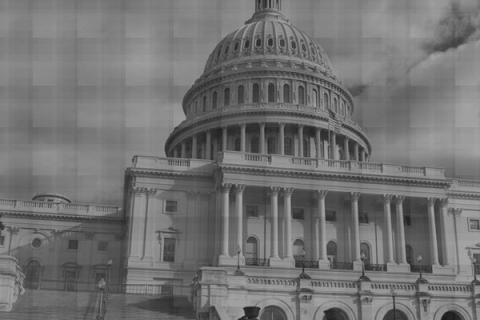In the midst of America's perpetual campaign cycle, President Obama and a handful of GOP hopefuls aren't the only ones getting ready for 2012. Fresh off their 2010 attempt to legalize cannabis with a statewide ballot initiative called the "Tax Cannabis" act, advocates are regrouping, revisiting lessons from their 2010 failure, and building key political alliances to pull together enough votes in 2012 to make California the first state to legalize the recreational use of cannabis by adults since its original ban in the 1930s, and subsequent scheduling according to the Controlled Substances Act of 1970.
That is, unless Oregon ties California for the title, or Washington beats the Golden State to the punch. California isn't the only West Coast state where legalization activists are stirring for a fight in 2012. To the north, Oregon advocates for cannabis legalization are running a petition drive for enough signatures to put the Oregon Cannabis Tax Act 2012 on the ballot next year, hoping to tap some more votes from a higher Democratic turnout than the midterm elections saw nationwide last year.
Further up the coast, every member of Seattle's legislative delegation to Olympia has gone on record supporting the statewide legalization of cannabis in Washington. This is in addition to Seattle's mayor, the city attorney, and every single member of the city council. The sheer unanimity of the city of Seattle's lawmakers makes a formidable case that legalizing cannabis is no longer a radical notion, but imminently mainstream, at least on the West Coast.
While possessing or using the plant would remain illegal according to federal law in the event that cannabis is legalized in California, DC's response to medicinal marijuana laws in multiple states-- which also contradict federal regulations-- has been more or less "hands off." Attorney General Eric Holder has even publicly remarked that there are bigger priorities for the Obama Administration's Department of Justice to handle. For this reason, legalizing cannabis is more than a public health and safety issue; it would be another major crack in the foundation of federal drug regulation, making it an important issue for state sovereignty advocates like the California-based Tenth Amendment Center.
Other parties with a stake in cannabis legalization include the California NAACP's Alice Huffman and the Latino Voters League's Antonio Gonzalez, who both supported Proposition 19 to Tax Cannabis during the midterm elections as a way of solving the problem of disproportionate minority arrests for cannabis-related crimes. For them, legalizing cannabis isn't merely a matter of drug policy, but a racial and civil rights issue that hits close to home.
Time will tell if cannabis becomes legal in California, but after a respectable showing during an arguably tough year for their initiative, which failed with a 54% no vote, legalization advocates appear more organized and energized than ever for a 2012 fight.

